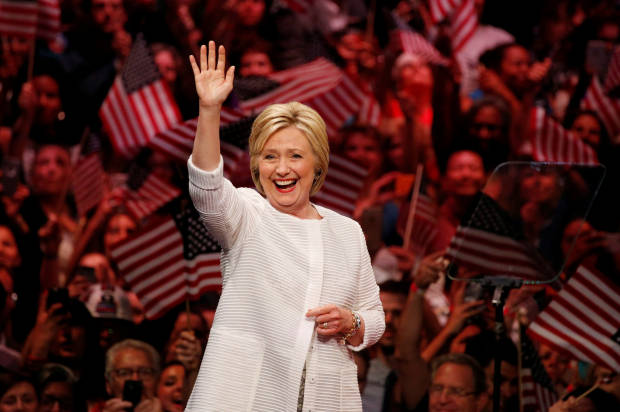Ted Cruz was a frugal spender when he ran for president earlier this year. Four super PACs supporting the Republican senator from Texas raised $45 million. But after Cruz dropped out of the race in May, some of those donors got a lot of their money back. Energy investor Toby Neugebauer donated $10 million to one super PAC, and got a $9 million refund. Members of the Wilks family, who are Texas fracking billionaires, donated $15 million to a different Cruz super PAC and got $8.2 million back.
Most other big donors waved their money goodbye—without getting anything in return. Super PACs, the political groups that have no fundraising limits and typically target wealthy donors, raised $594 million during the 2016 presidential cycle, according to the Center for Responsive Politics. The bottom line on all that money: Ninety percent of it, or $535 million, went to losing candidates.
The ultimate winner, Republican Donald Trump, obviously ran an unconventional campaign far less dependent on outside funders than most other presidential candidates. At first, he refused to accept support from super PACs funded by wealthy donors. Super PACs eventually raised $59 million to spend campaigning for Trump. But super PACs backing Democrat Hillary Clinton raised three times as much, and even Jeb Bush and Marco Rubio, whom Trump dispatched in the primaries, had super PACs that pulled in more cash than Trump.
read more at finance.yahoo.com





